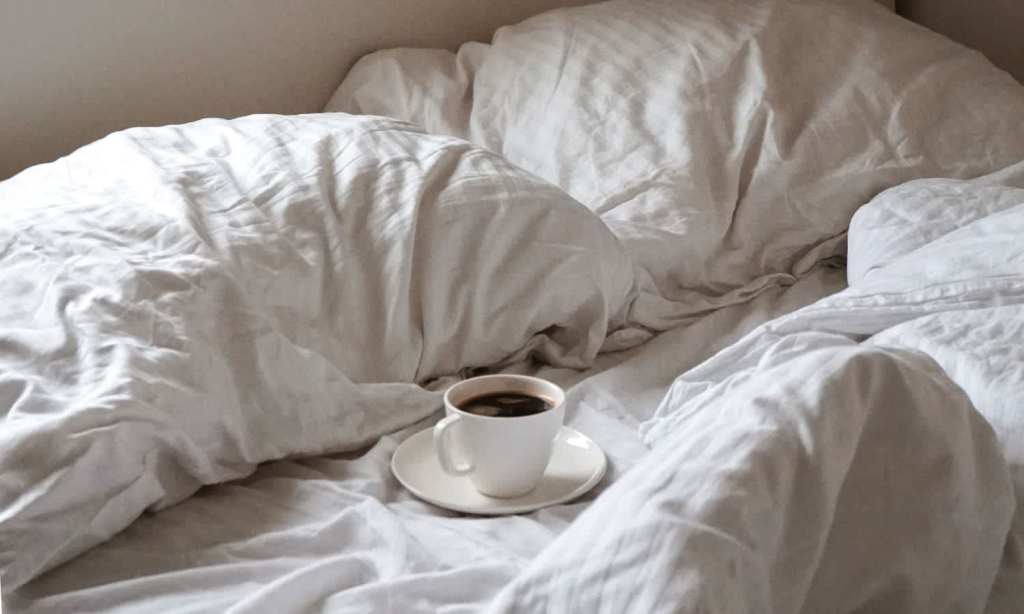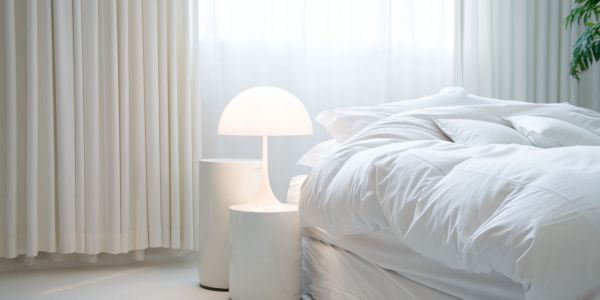When people say that there’s a day for everything, they really mean it. There are the classics, like Mother’s Day and Father’s Day, and then there’s those that are…slightly left of field. Like Burger Day. There are also things — activities, events, causes, the like — that are so important, they have an entire week dedicated to them. Like Sleep Awareness Week.
Yep, from the 14th March to the 20th March — coinciding with World Sleep Day, on the 19th March — it’s time to become more aware of your sleep. Specifically, your sleep health, and focusing upon prioritising sleep to improve overall health and wellbeing. And yes, there’s a theme for Sleep Awareness Week. It’s “Regular Sleep, Healthy Future.”
To discover more about sleep health, The Latch chatted to Dr Carmel Harrington, who has worked in the field of sleep for nearly 20 years — if there’s anyone you can trust with sleep advice, it’s her.
Although we Australians are not that great at sleeping — according to surveys, we’re getting 20% less sleep since COVID started — Dr Harrington says that compared to other countries, we’re not any worse…or any better. In fact, Dr Harrington claims that “worldwide, there seems to be a sleepless epidemic,” citing studies that show 40-50% of adults do not get the quantity and/or quality of sleep they’d like.
If you’re looking for immediate ways to improve your sleep, unfortunately, yes, it involves not taking your phone with you to bed (guilty). “One of the first bits of advice I give is to switch off all technology at least an hour before bedtime; use that time to relax and separate yourself from the busyness of your day.”
By doing this, not only are you relinquishing the hold nomophobia likely has on you, but you’re also sending clear messages to your brain that it’s time for the “nurture and nourishment of sleep”.
The fabrics you wear to bed, and that you sleep in, also have an effect on your sleep. Dr Harrington suggests “natural and/or breathable fibres,” as they’re good at keeping us cool. Synthetic fibres like polyester trap heat, in turn making us hot. And as Dr Harrington says, “Being hot is one of the major reasons for sleep disruption.”
Another thing that can have a significant impact on your sleep? Essential oils. Several studies, looking at college students, cancer patients, people with burn injuries, and cardiac patients found that essential oils, mainly lavender, have a positive effect on sleep. Dr Harrington confirms, saying it improves symptoms like “restlessness, disturbed sleep, somatic complaints.” It also promotes feelings of calm and reduces stress. Her suggestion? “Diffusing In Essence Sleep essential oils.”
As for Dr Harrington’s other tips and tricks on how to have the dreamiest night’s sleep (pun intended)? According to her, “How we sleep at night is often very dependent upon how we spent our day.”
To prepare your body for sleep — throughout the day — she recommends getting up at the same time every day; exercising for at least 20 minutes per day; not having caffeine after midday; refraining from alcohol; not sleeping during the day; eating only a small meal at night. She also suggests refining from big meals within 3 hours of bedtime and refraining from exercise in that same time period.
As for preparing your mind? First off, deal with the issues of the day — journal for 20 minutes in the early evening, writing events of the day that “are of concern” along with potential solutions. Set an alarm — no, not your wake up one which you’ll inevitably snooze — but for one hour before bed. When it goes off, turn off all technology, dim the lighting, have a warm shower, and undertake relaxation exercises.
And finally, you need to prepare the perfect environment. “Ensure that the bed and bedroom environment is conducive to sleep,” explains Dr Harrington, “meaning it is quiet, cool, dark with absolutely no technology.”
Read more stories from The Latch and subscribe to our email newsletter.







